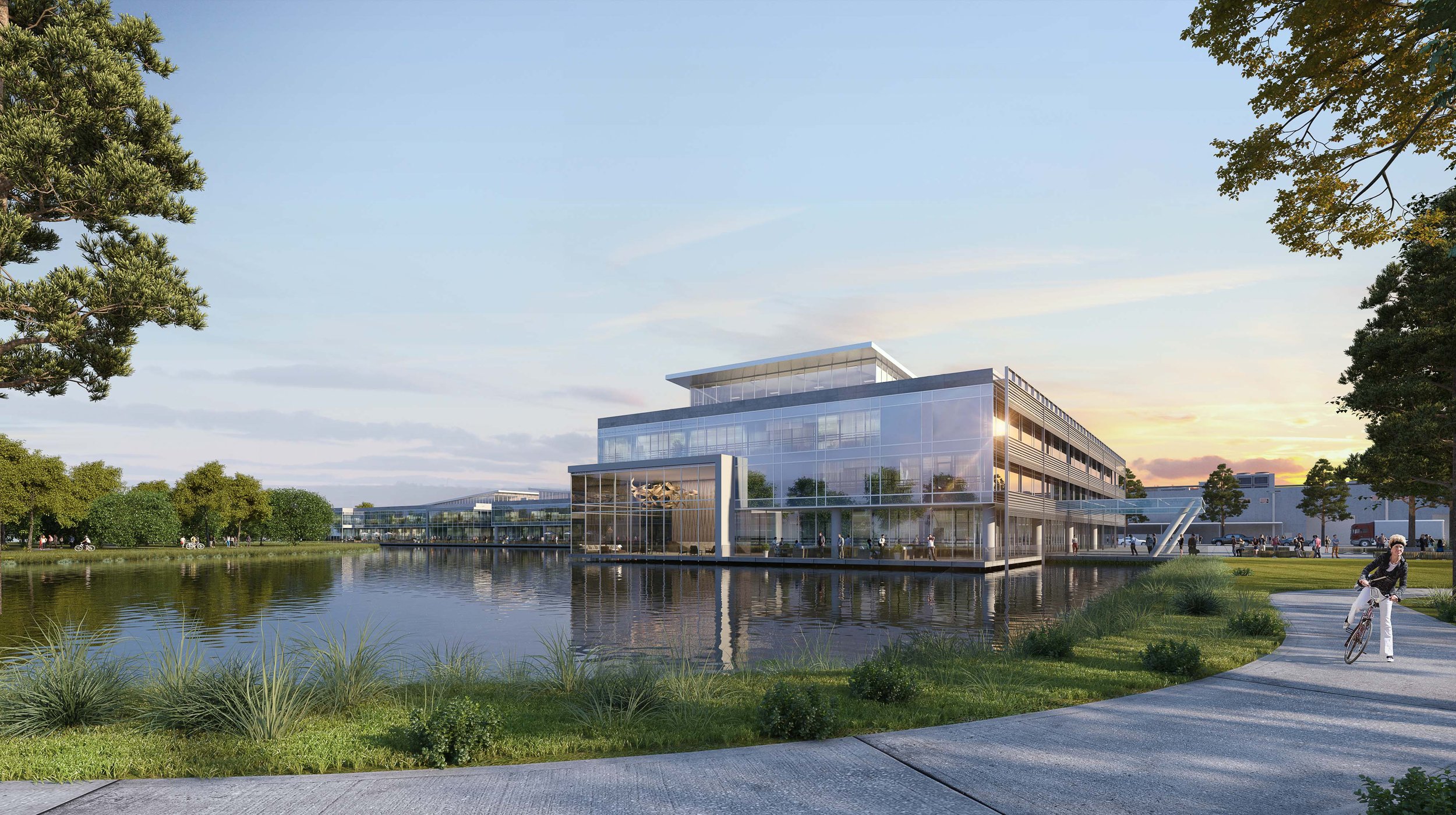Upskilled Workers Vital to the Trillion-Dollar Space Economy
Published Nov 22, 2019 by Melissa Fox
Thousands of aerospace industry experts, government leaders and entrepreneurs from around the world gathered in Houston this week for SpaceCom, the international Space Commerce Conference and Exposition.
The central theme of this year's event was what industry leaders are calling the "trillion-dollar space economy." In other words, what's needed most to prepare the workforce, present and future, for this new economy?
Industry and educational leaders from around the country attempted to answer this question at one of the conference's break-out sessions.
Here are three key takeaways from that panel discussion:
The Trillion-Dollar Space Economy is Here Now
"The idea of the trillion-dollar space economy is not a hypothetical concept that is way off in the future," said panelist Lon Miller, Senior Vice-President and General Manager of Jacobs. "My company is in the middle of it right now." Miller explained that last year alone, Jacobs, an international technical professional services firm, hired nearly 300 new employees to fulfill roles in engineering, science and technology for their contract with Johnson Space Center in Houston.
Panelist Muge Wood, the Director for the Microsoft Technology Center (MTC) in Houston, agreed. She pointed to the consistent need for specialists in cloud computing, data science and cybersecurity in the tech industry.
Upskilled Workers Play a Vital Role
Across the U.S., regions are seeing a critical need for workers to fulfill middle-skill careers. These are jobs that require advanced education and skills beyond high school, but less than a four-year college degree. Experts say this need will only grow as the space industry turns into a trillion-dollar economy.
"We have a critical need that is currently a tough skill to get, [which] are skilled technicians. They are are a premium right now," said panelist James Reuter, Associate Administrator for the Space Technology Mission Directorate (STMD) at NASA Headquarters.
To help build this workforce, San Jacinto College is working alongside industry leaders around the Houston region, as well as the Greater Houston Partnership, to help develop the marketable skills and provide these workers with the educational background they need to be successful.
"You can get a certificate, you can get associates degree, or you can get a four-year degree, but how does that tie into the workforce and what is really needed? With the work we are doing, we have to have those conversations with the workforce," said Brenda Hellyer, Chancellor of San Jacinto College District.
Preparing the Workforce Starts in Elementary School
Experts argued the space economy is growing at such an exponential rate that it's no longer viable to wait until students are upperclassmen in high school or in college to begin recruiting. The panelists said their organizations are starting to recruit in elementary school.
"There is a very high demand for STEM skills, so the first thing you don't attract those people after they are in college, you attract them as elementary students. We have to reach them out there and beyond," said Reuter.
Reuter said that going into the elementary schools to show children at a young age that there are multiple avenues to success, especially in the STEM fields, is key to growing the workforce.
Panelists added that these elementary school programs also keep students engaged throughout their school career and have a much higher chance of not only graduating high school but going on to continue their education.
San Jacinto College has begun pre-k and elementary school programs that help instill critical thinking and math skills that often hold them back in high school.
"We are changing the way we talk to them. We used to not talk to kids until 10th or 11th grade, but now we have backed it up," explained Hellyer. "We put the thought process that you can do more you can be more, and we do it through the whole process because you cannot wait until 9th through 12th grade that they can do this--they can break that cycle."
Learn more about UpSkill Houston and workforce development efforts in the Houston region.
 The Houston Report
The Houston Report




















